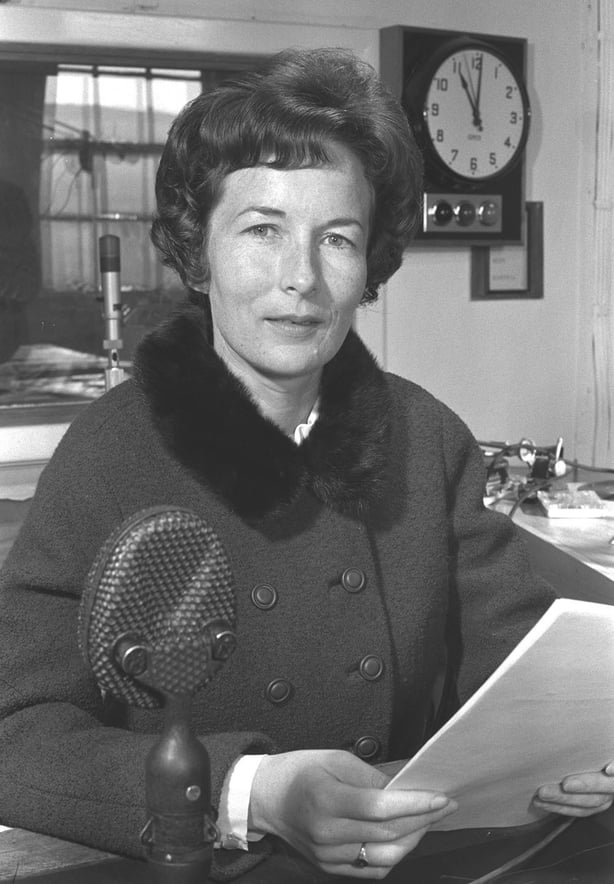A young Cork boy tells a classic fairy tale in his own humorous and imaginative way.
John Barrett, a five year old student at Saint Joseph's School, St Maries of the Isles in Cork, is the star of a humorous recurring radio feature in the mid-1960s. Recounting some well known fairy tales for the listeners John Barrett tells these stories in his own words, often with entertaining additions and embellishments.
In his re-telling of the English fairy tale, 'Jack and the Beanstalk', John Barrett tells the story of young Jack exchanging the family cow for magic beans. In his account the main character is described as "fairly stupid", and a famous line is changed to,
Fee, Fum, I smell the blood of an Irishman
John Barrett's take on classic fairy tales was a regular feature on the radio programme 'Junior Journal’. In other episodes the young storyteller enthusiastically recounts the tales of Goldilocks and the Three Bears, Cinderella, and Red Riding Hood. His version of 'Goldilocks and the Three Bears' features Goldilocks being rescued by a fairy in a plane and taken to Santa Claus.
The ‘Junior Journal’ series looks at the lives of young people in Munster in the 1960s. Programmes feature interviews with children, teenagers and young adults, who talk about their interests, hobbies, education and family. There are also a number of music performances from young contributors.
'Junior Journal' began airing in November 1962 and ended in October 1968, presented primarily by Máire Ní Mhurchú.

Episodes of 'Junior Journal' are among the many recordings of interest to be found in the collection of acetate discs held by RTÉ Archives.
The RTÉ Archives Acetate Disc Collection contains audio recordings made between the late 1930s and the early 1970s, and represents the earliest audio format held by RTÉ. These acetate discs were used to record and broadcast content before the introduction of magnetic tape and were used in studio and to capture sound on location. Unfortunately, recordings on acetate discs are considered a vulnerable format. With this in mind, RTÉ digitised the collection for long term preservation with the support the Broadcasting Authority of Ireland, Archiving Scheme.
The collection contains various types of music programmes, documentary features, drama series, news and current affairs, talks, and output from the Radio Éireann mobile recording unit. The majority of the collection is in English but there is a significant amount of Irish language recordings, music and magazine programmes. The RTÉ Acetate Disc Collection reflects a fascinating audio account of Irish society over the time period covered, and provides a unique insight into the arts, social and political discourse of the time.

























